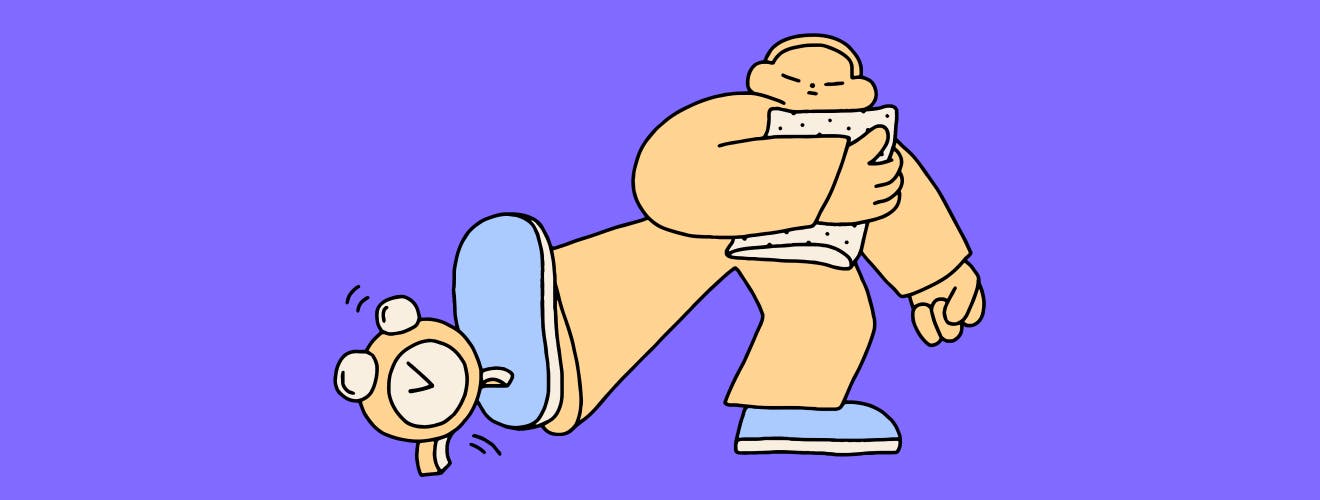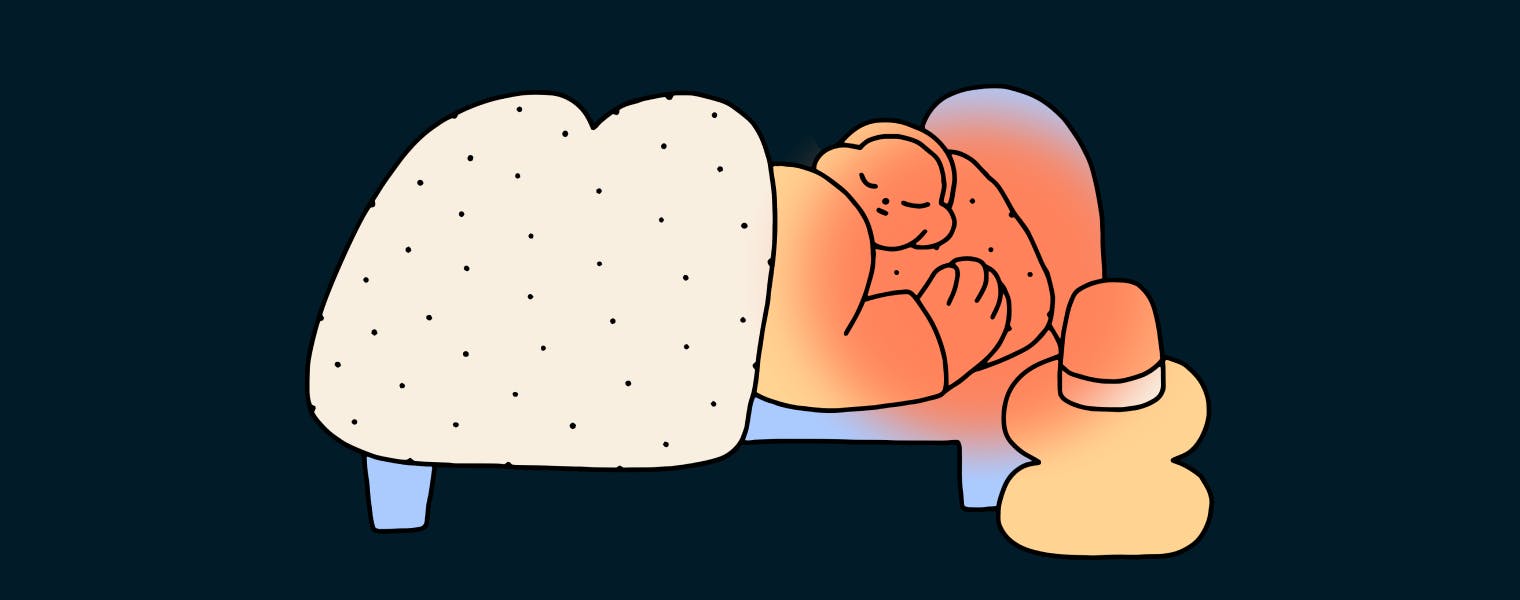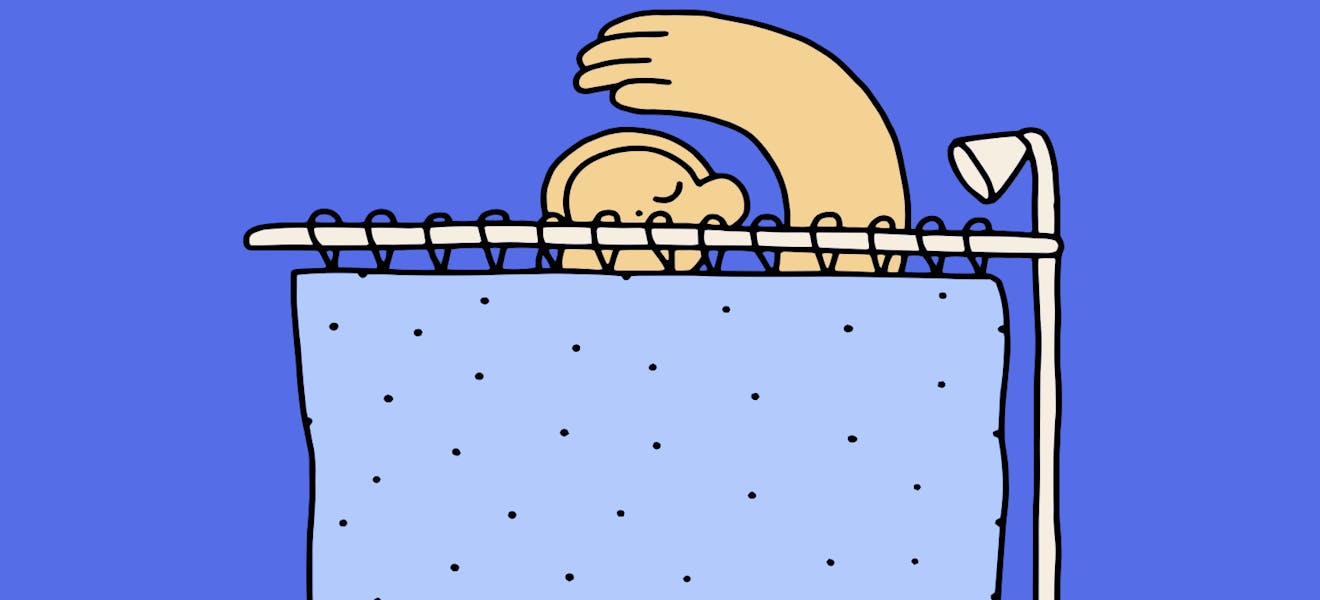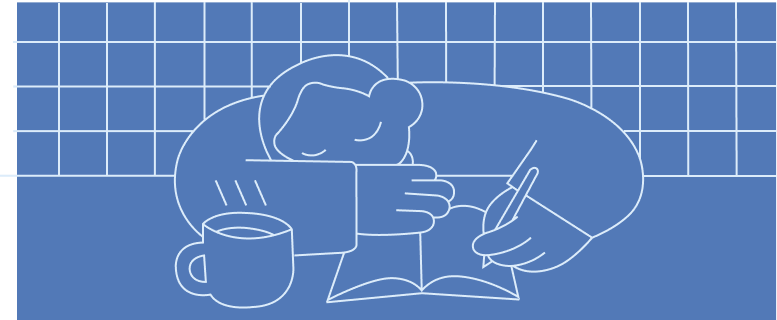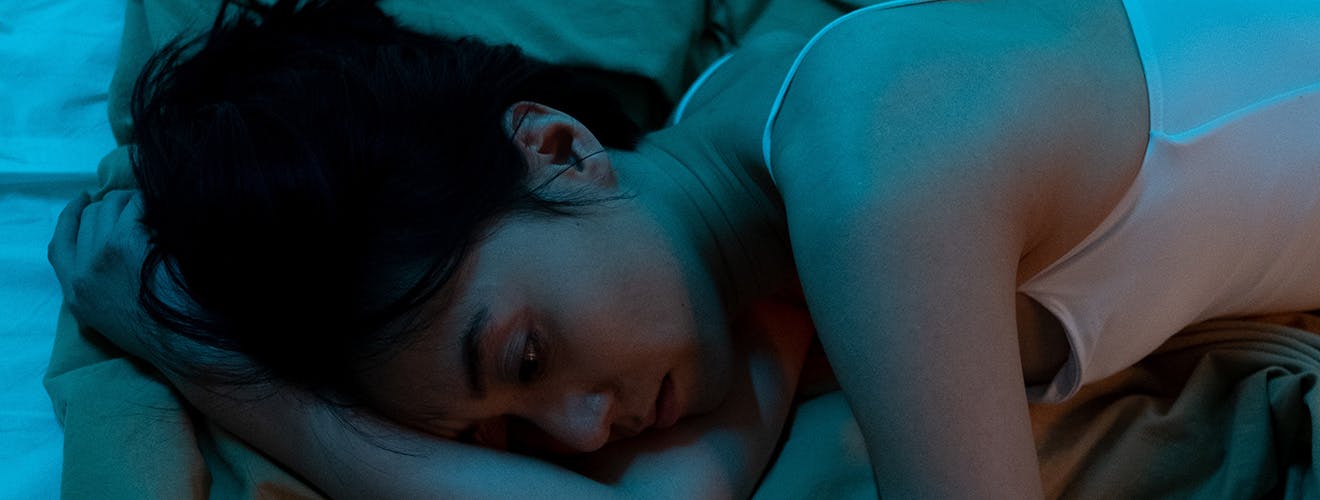Why Do I Get a Weird Feeling When Trying to Fall Asleep?
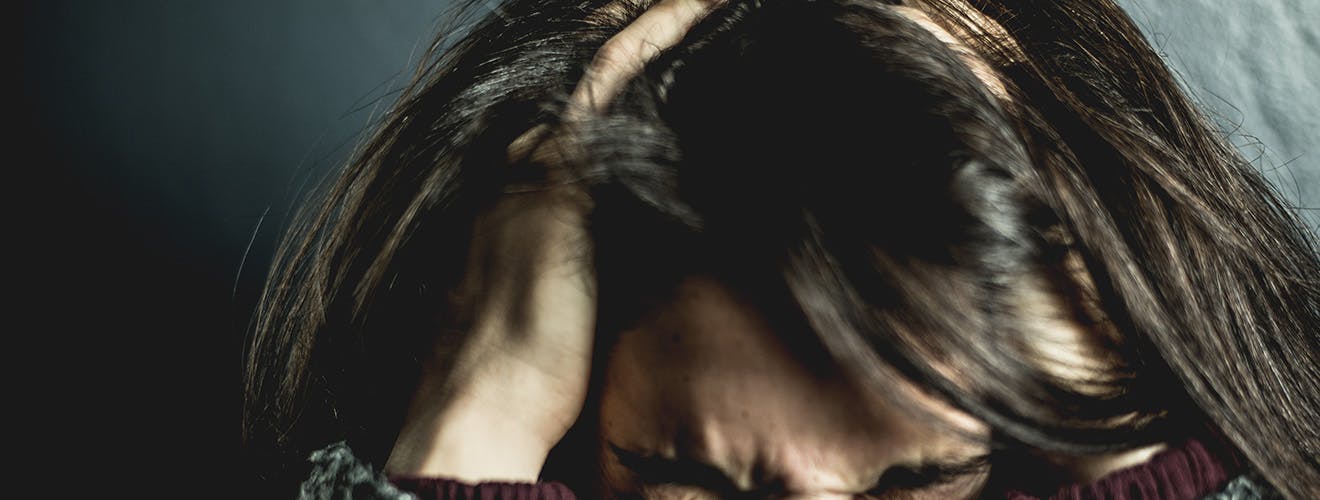
Sleep typically feels good, but getting there can be somewhat of a challenge. If you're lucky, you can nod off quickly. If you're less fortunate, you could be laying there for a long time. But there's another demographic out there, one that doesn't feel fortunate, cursed, or anything in between. When it comes to falling asleep, they just feel.... well, weird. What causes that kind of occurrence? Read on below to find out.
7 Things That May Explain That "Weird Feeling" When Trying to Fall Asleep
Trouble Breathing
Having trouble breathing can mess with your sleep quality. More often than not, it’s linked with sleep apnea. It’s a condition where your breathing repeatedly stops and starts. This condition is caused by the lack of proper signals from your brain to the muscles that control respiration.
It can manifest itself in a range of symptoms. You may feel like you’re choking on something, experience shortness of breath, feel tightness in your chest, and have an excessively dry mouth while lying in bed. In extreme cases, it may even feel like you’re having a panic attack.
Luckily, a couple of lifestyle changes coupled with breathing exercises and meditation could help minimize the extent of the issue if not eradicate it.
Sinking, Dropping, or Falling
Even people who do not usually get a weird feeling when trying to fall asleep can experience the feeling of suddenly dropping, falling, or sinking, similar to being on a rollercoaster. It can be kind of scary but it’s more common than you’d think.
The transitionary period from good, restful sleep to the feeling of free-falling even though you’re in bed is called sleep myoclonus. This condition causes unpredictable spasms or muscle jerks in the arms, legs, or torso. These jerks usually occur when you’re shifting from the light sleep phase to the deep sleep phase.
Headaches
Headaches aren’t the most common reason for the weird feeling you experience when you’re about to fall asleep. However, a small fraction of people who suffer from hypnic headaches also experience that "weird" feeling when falling asleep.
Hypnic headaches are often called “alarm clock headaches” because they jolt a person awake during sleep and can last for 15 minutes or longer. Since they typically occur at the same time during the evenings, some researchers believe that they’re caused by irregular melatonin production. On the other hand, some articles suggest that they’re caused by dehydration.
However, despite confirming the validity of the condition, we still lack research on why they happen. If you continue having issues sleeping, talk to your doctor who can help you find the root cause.
Itchy Sensation
Regardless of what’s causing the itching sensations, they can prevent the natural flow of a healthy state of rest. It may seem like a minor issue but once the itching starts, it doesn’t stop. You itch and you itch and you itch. It’s a frustrating cycle. Pay attention to your bodily needs, eat healthy food, and keep an eye out for possible dermatological issues to tackle this issue.
Anxiety
Anxiety could be caused by a wide range of reasons. Some articles suggest that its symptoms usually manifest as heart palpitations, shortness of breath, sweating, trembling, and more. If you experience any of these, it could be the symptoms of an anxiety attack.
Extreme and constant worry can disrupt how you function on a normal day. When the feeling does not subside, you carry it forward when you try to fall asleep at night.
Unless you’re able to calm yourself down with deep breathing exercises and meditation or distract yourself with a relaxing activity, your anxiety may potentially keep you awake throughout the night.
To relieve it, try focusing on your breath as it may prove helpful in curbing anxiety.
Jerking
Sleep disorders like restless leg syndrome can cause involuntary jerking which could cause you to have fewer hours of sleep than normal. The milder it is, the less your sleep quality is affected. However, if you notice that your sleep time is reduced to 5 hours a day, it would be wise to talk to your doctor to get medical advice on the subject.
Hypnagogic or hypnic jerks and sudden movements could happen because of a change in the dose of certain prescription medication. It may also be caused by vitamin deficiency. If that’s the case, the issue may resolve on its own with the proper supplements, adjustments to your prescription, and diet.
Brain Zaps
Brain zaps are sensations of electric shocks in the brain. Research has associated these head shocks with changes in the doses of certain medicines like antidepressants and muscle relaxants. They usually come with throat tension, vertigo, nausea, and tinnitus. While they don’t cause any harm to the brain, they can disrupt normal sleep.
What Causes These Experiences During Sleep?
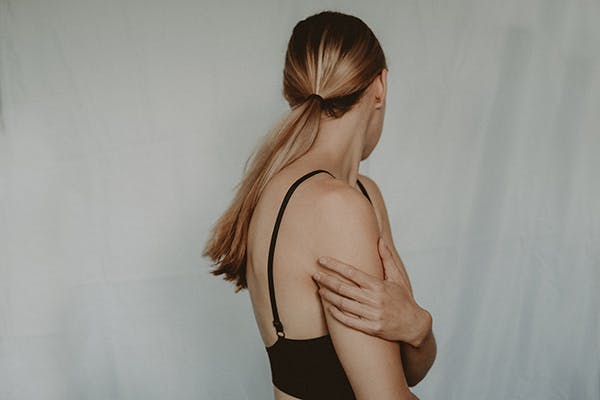
Sleep Deprivation
Changing sleep patterns, insomnia, etc. can trigger sleep deprivation. Every individual requires at least 8 hours of sleep daily. When we fail to give our body the rest it needs, our brain starts to rewire itself as a response.
This could lead to drastic mood changes as the levels of hormones and chemicals in our bodies exceed normal levels. It may also trigger anxiety.
Sleep Disorder
Sleep disorders like sleep apnea, restless leg syndrome, and chronic insomnia can trigger weird feelings when trying to fall asleep.
As a result, people may experience brain zaps, shortness of breath, and random twitches and movements that keep them from experiencing relaxing sleep.
Taking medicine for mental health and sleep disorders may prove helpful in curbing the issue. Seek medical advice from a qualified professional to improve your mental health and your quality of life.
Sleep Environment
Your environment plays a huge part in getting a good night’s rest. When this environment changes, so does your sleep quality and pattern. For example, an unfamiliar new place puts your body and mind on high alert.
Depending on how severe your reactions are to this phenomenon, you may even experience anxiety or panic attacks.
To tackle feelings of fear and stress that usually accompany environmental changes, carry your pillowcase or blanket with you on your trips. Their familiarity may help soothe the body's natural response when it feels as though it's in a dangerous situation.
Illness
Illness can also be the reason why you get weird feelings when trying to fall asleep during bedtime. Many chronic illnesses have symptoms that can interrupt your usual resting patterns.
Diabetes, for example, causes blood sugar levels to fluctuate unhealthily. When hyperglycemia (high blood sugar) or hypoglycemia (low blood sugar level) occurs at night, it can cause sleeplessness and fatigue the following day.
What Can You Do To Stop the Strange Feelings You Get When Falling Asleep?
If the issue is mild, you may be able to address it on your own from the comfort of your home. Here’s a couple of pointers that can help:
- Eliminate stress, panic, and anxiety by avoiding things that cause it. If you’re feeling upset, talk to a professional or try writing in a journal.
- Don’t consume any caffeine. The substance has psychoactive effects on our health. If you’ve been downing multiple cups of coffee a day, it can be the reason you experience strange feelings when falling asleep.
- Block out the light. Sleep in a dark room. If that isn’t possible, try a sleep mask.
- Meditate and do deep breathing exercises. You can find resources online that teach you how.
Depending on the severity, possible causes, and how long you’ve been unable to sleep due to weird sensations, you may need to go in for professional treatment. If these tips are enough to remedy the situation, then you can simply enjoy catching up on some much-needed rest.
Conclusion
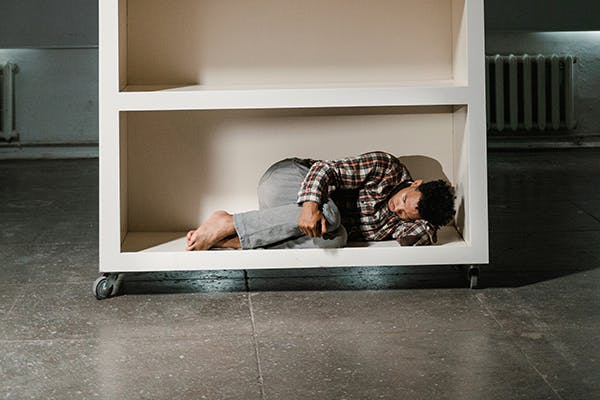
Strange feelings when you go to sleep can be triggered by a lot of things, including stress and chemical imbalances. If it occurs every night, it would be wise to search for medical advice to prevent it from happening in the future. While you may not be able to get rid of it altogether, natural supplements like Sandland Sleep Supplements can help you go to sleep without worry and more easily.
Made with natural hemp-derived ingredients, our supplements are designed to offer you a full 8 hours of sleep so you can get up the next day completely rested. No morning drowsiness, just good clean sleep.
Sleep anxiety and hypnic myoclonus cause involuntary movements which can make you feel weird when trying to fall asleep.
Heart palpitations are marked by a strong pulse in your chest, neck, and head. Though it may be unsettling, it's not entirely uncommon to experience palpitations at night after laying down. They're not often associated with anything serious. If you're concerned, speak to your doctor right away.
Brain zaps are like hypnic jerks. They’re usually a reaction to changes in doses of certain medications or as a result of being sleep deprived.
When we sleep, we give our body and our brain a chance to rest. Our brain communicates with our body and sends out signals, thereby initiating constant communication to prevent you from acting out your dreams.
